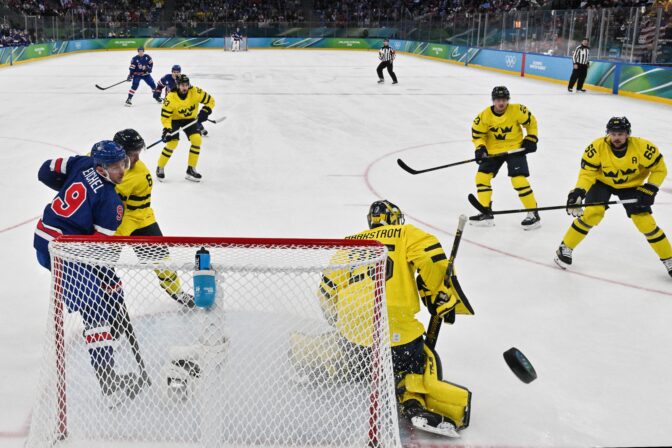BRATISLAVA, October 27, (WEBNOVINY) — Slovakia’s strongest opposition party SMER-SD will write an official protest to the non-governmental organization monitoring corruption Transparency International in Berlin against Slovakia’s branch of the organization. “I view Transparency International Slovensko (TIS) as a purely political institution,” stated leader of SMER-SD Robert Fico. He underscored that his party principally rejects subjective assessments of TIS, as, in his opinion, the organization is led by people with links to the SDKU-DS, currently the strongest member of ruling coalition. That is why SMER-SD will point to cronyism and political affiliations in Berlin.
As evidence of cronyism, Fico, mentioned Emilia Sicakova-Beblava, who led the Slovak branch of Transparency International from 1998 to 2009 when she was replaced by Gabriel Sipos and currently is the TIS program director. Fico reminded that Sicakova-Beblava is the wife of an important member of the SDKU-DS Miroslav Beblavy. In his opinion, lack of trustworthiness of the TIS program director was documented when, in 2005, asked by journalists how much her house cost, she answered she did not know. In Fico’s opinion, she should be the one to answer the question. The head of SMER-SD continued with Miroslav Beblavy who led the European Social Fund at the Ministry of Labor, Social Affairs and Family until 2006 and Brussels stopped its funding because of flaws found at the institution. “Beblava and Beblavy are a very interesting couple,” remarked Fico.
Fico’s criticism is a reaction to the most recent assessment of corruption in Slovakia by Transparency International Slovensko. According to the global Transparency International chart Slovakia saw widening perception of corruption again last year and is the fifth worst EU member state on the chart. The head of TIS Gabriel Sipos explained that this was the last evaluation of the government term of Robert Fico, which earned a rebuke not only for a lack of transparency in the judiciary, little control in state institutions, weak political culture, political nominations, refusal to disclose contracts awarded by the state and the attitude toward the media and the third sector, treated by the former government as enemies.
SITA












